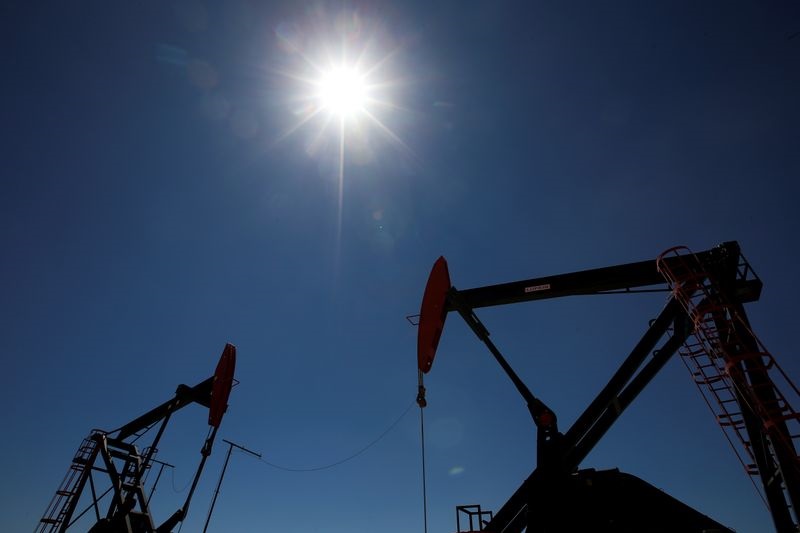United Homes Group stock plunges after Nikki Haley, directors resign
Investing.com -- European energy stocks present compelling opportunities for investors seeking both value and income in 2025, according to recent analysis from WarrenAI. Despite market volatility and energy transition pressures, several companies stand out for their combination of analyst support, dividend yields, and potential upside.
The French energy giant tops the rankings with a Strong Buy consensus and 31.3% upside to fair value. Despite a 6.6% price decline over the past year, TotalEnergies remains institutionally favored for its diversified approach to both traditional and renewable energy.
The company offers a 6.2% dividend yield backed by 49 years of uninterrupted payments. Recent performance shows a 4% year-over-year production increase and improving refining margins, helping offset weaker oil prices.
In recent developments, TotalEnergies has acquired a 49% interest in Oklahoma natural gas assets from Continental Resources and signed a 10-year LNG supply agreement with South Korea’s KOGAS. The company also received a downgrade to Hold from Berenberg, which cited concerns over capital expenditure requirements.
Norway’s Equinor stands out with an exceptional 12.9% dividend yield, the highest among major European energy companies. While its analyst consensus remains Neutral and one-year returns are negative at -3.0%, the stock offers 20.8% upside to fair value.
Equinor’s defensive positioning comes with impressive fundamentals, including a 25.5% return on invested capital and a modest forward P/E of 8.0x, though recent Q3 results fell short of expectations.
Equinor’s third-quarter trading update showed results that fell below consensus estimates for adjusted operating income. The company was also downgraded to Market Perform by Bernstein, which cited a reduction in earnings per share and free cash flow estimates.
The Italian energy company combines a generous 7.9% dividend yield with substantial upside potential of 32.9%. Eni has delivered positive momentum with a 12.1% gain over the past year. Analysts at Citi and Stifel remain bullish, with fair value estimates around €19.63. Investors should note the high payout ratio of 122%, which may challenge long-term dividend growth without improved operational performance.
Eni recently completed the sale of a 30% stake in its Baleine project in Côte d’Ivoire to Vitol. The company also outlined its strategy to grow its LNG portfolio, aiming to reach 20 million tonnes of LNG under contract by 2029-2030.
The Russian energy giant presents the highest potential upside at 66.2% and carries a Strong Buy rating. However, this comes with significant risk factors, including geopolitical exposure, operational volatility, and the current absence of dividends. With a remarkably low forward P/E of 1.5x and a negative one-year return of 14.1%, Rosneft represents a high-risk, high-reward proposition for value investors.
Rosneft is facing geopolitical headwinds, as its India-backed refiner, Nayara Energy, was included in a new package of European Union sanctions. Separately, there have been reports that the United States is considering potential sanctions against the company.
Spain’s Repsol emerges as the momentum leader, delivering a 30.1% return over the past year while still offering 38.9% upside to fair value. The stock combines this growth potential with a substantial 7.2% dividend yield and a Buy consensus from analysts. Despite some recent production challenges, Repsol’s refining margins are exceeding forecasts, supporting a positive Q3 outlook.
Repsol reported that its third-quarter upstream production volumes fell short of consensus estimates. The company has received mixed analyst ratings, with Morgan Stanley downgrading the stock to Equalweight while JPMorgan issued an upgrade to Overweight, citing strength in the diesel market.
This article was generated with the support of AI and reviewed by an editor. For more information see our T&C.
